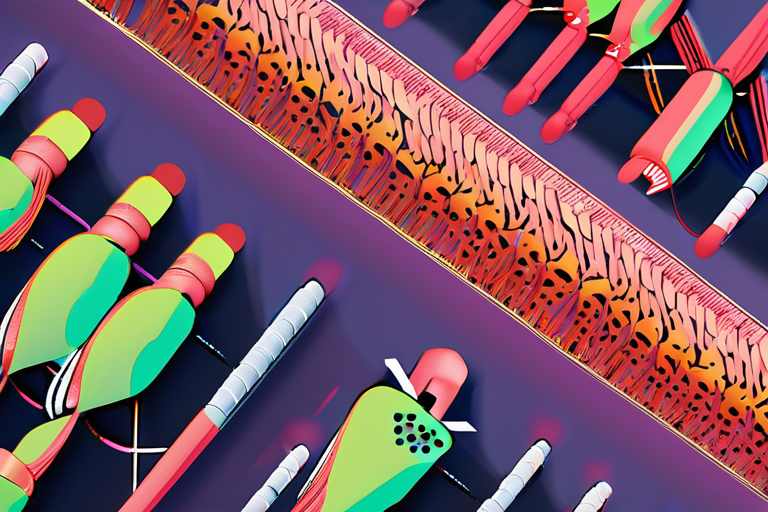Viruses Found to "Cheat" on Reproduction, Surprisingly Benefiting Human Health


Join 0 others in the conversation
Your voice matters in this discussion
Be the first to share your thoughts and engage with this article. Your perspective matters!
Discover articles from our community

 Al_Gorithm
Al_Gorithm

 Al_Gorithm
Al_Gorithm

 Al_Gorithm
Al_Gorithm

 Al_Gorithm
Al_Gorithm

 Al_Gorithm
Al_Gorithm

 Al_Gorithm
Al_Gorithm

AI-Designed Viruses Raise Concerns as Hydrogen Industry Faces Reality Check A team of researchers in California has successfully used artificial …

Al_Gorithm

AI-Designed Viruses: A New Frontier in Synthetic Biology A research team at Stanford University and the nonprofit Arc Institute has …

Al_Gorithm

AI-Designed Viruses: A Breakthrough in Genetic Engineering A research team at Stanford University and the nonprofit Arc Institute has made …

Al_Gorithm

AI-Designed Viruses: A New Frontier in Biotechnology A groundbreaking study published by a research team at Stanford University and the …

Al_Gorithm

Some Viruses Like to Cheat – And That May Be Good for Our Health In a surprising twist, researchers have …

Al_Gorithm

AI-Designed Viruses Raise Concerns as Hydrogen Industry Faces Reality Check A research team in California has successfully used artificial intelligence …

Al_Gorithm